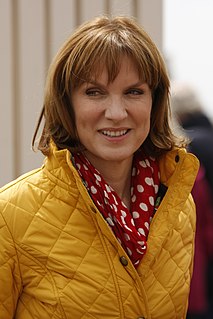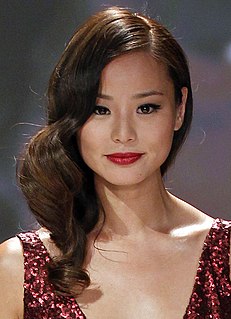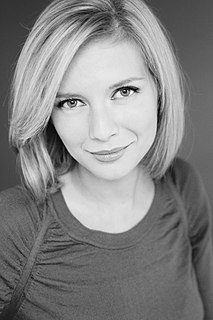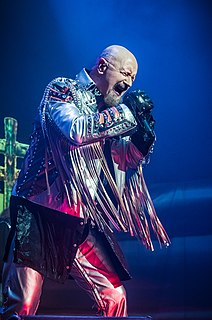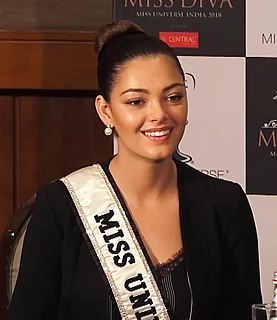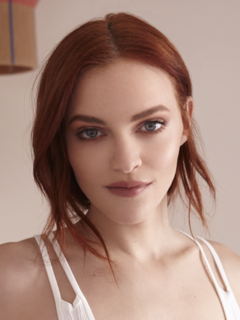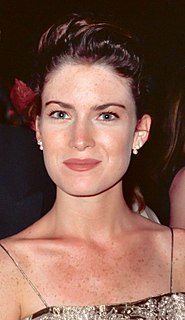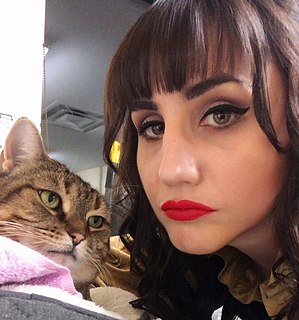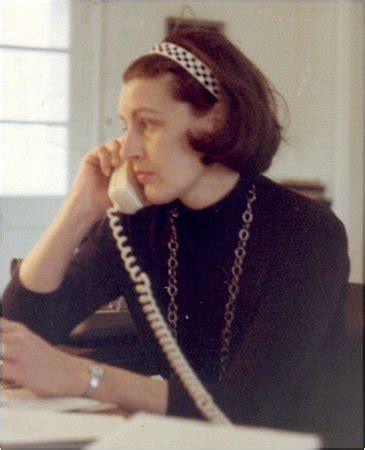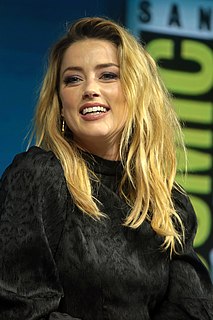A Quote by Fiona Bruce
I think the BBC has come a long way in equal pay. I think it's come the furthest of all in the representation of women on screen.
Related Quotes
If there's a distinction between men and women, I don't pay attention to it. Honestly, I don't see it. I think all of us are part feminine and part masculine. I'm sure sociologists can come up with distinctions about what's different between men and women, but for every example you can give about what a woman does, you can come up with an opposite example of other women who don't do that. Those are more artificial distinctions, I think.
Equal pay for equal work continues to be seen as applying to equal pay for men and women in the same occupation, while the larger point of continuing relevance in our day is that some occupations have depressed wages because women are the chief employee. The former is a pattern of sex discrimination, the latter of institutionalized sexism.
I don’t know what happened through the ’80s, ’90s, and ’00s that took feminism off the table, that made it something that women weren’t supposed to identify with and were supposed to be ashamed of. Feminism is about the fight for equality between the sexes, with equal respect, equal pay, and equal opportunity. At the moment we are still a long way off that.
